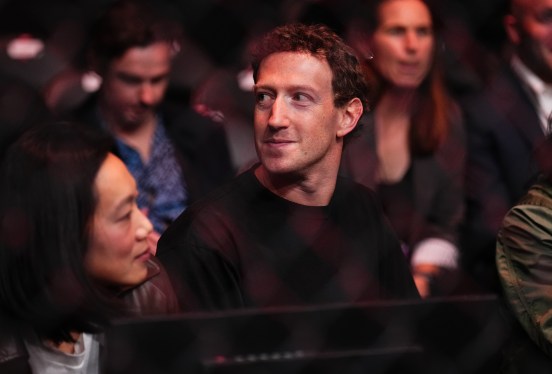OpenAI has formally requested that Meta produce evidence regarding any potential coordination with Elon Musk and xAI related to an effort to acquire or invest in the ChatGPT-maker. This legal request was made public in a court filing submitted on Thursday as part of Elon Musk’s ongoing lawsuit against OpenAI.
According to the filing, lawyers for OpenAI issued a subpoena to Meta in June. They are seeking documents concerning Meta’s possible involvement in Musk’s unsolicited bid to acquire the startup for $97 billion, which was submitted in February. The court documents do not make it clear whether any such evidence actually exists.
OpenAI’s legal team states that they have discovered communications between Elon Musk and Meta CEO Mark Zuckerberg. These discussions reportedly concerned xAI’s bid to purchase OpenAI and included talks about potential financing arrangements or investments.
Meta had previously objected to this subpoena in July. OpenAI’s lawyers are now asking the court to issue an order that would compel Meta to provide the evidence. Beyond the communications about the bid, OpenAI is also seeking any of Meta’s internal documents related to any actual or potential restructuring of OpenAI, which is the central issue in Musk’s lawsuit against the company.
In response to inquiries, a Meta spokesperson, Andy Stone, referred to a section of OpenAI’s own filing which states that neither Meta nor Mark Zuckerberg signed Musk’s letter of intent to acquire OpenAI. Meta has declined to provide any additional comment on the matter.
This legal dispute unfolds as Meta has made significant investments in its own frontier AI development. The company’s efforts have included hiring several of OpenAI’s leading AI researchers. This includes a co-creator of ChatGPT, Shengjia Zhao, who now leads research at Meta’s newest AI unit, the Superintelligence Labs. Meta has also invested $14 billion in Scale AI and has reportedly approached other AI labs regarding potential acquisition deals.
Lawyers representing Meta have asked the court to reject OpenAI’s request for evidence. They argue that Musk and xAI are the appropriate parties to provide any relevant information. Meta also contends that its own internal discussions about OpenAI’s restructuring are not pertinent to this legal case.

